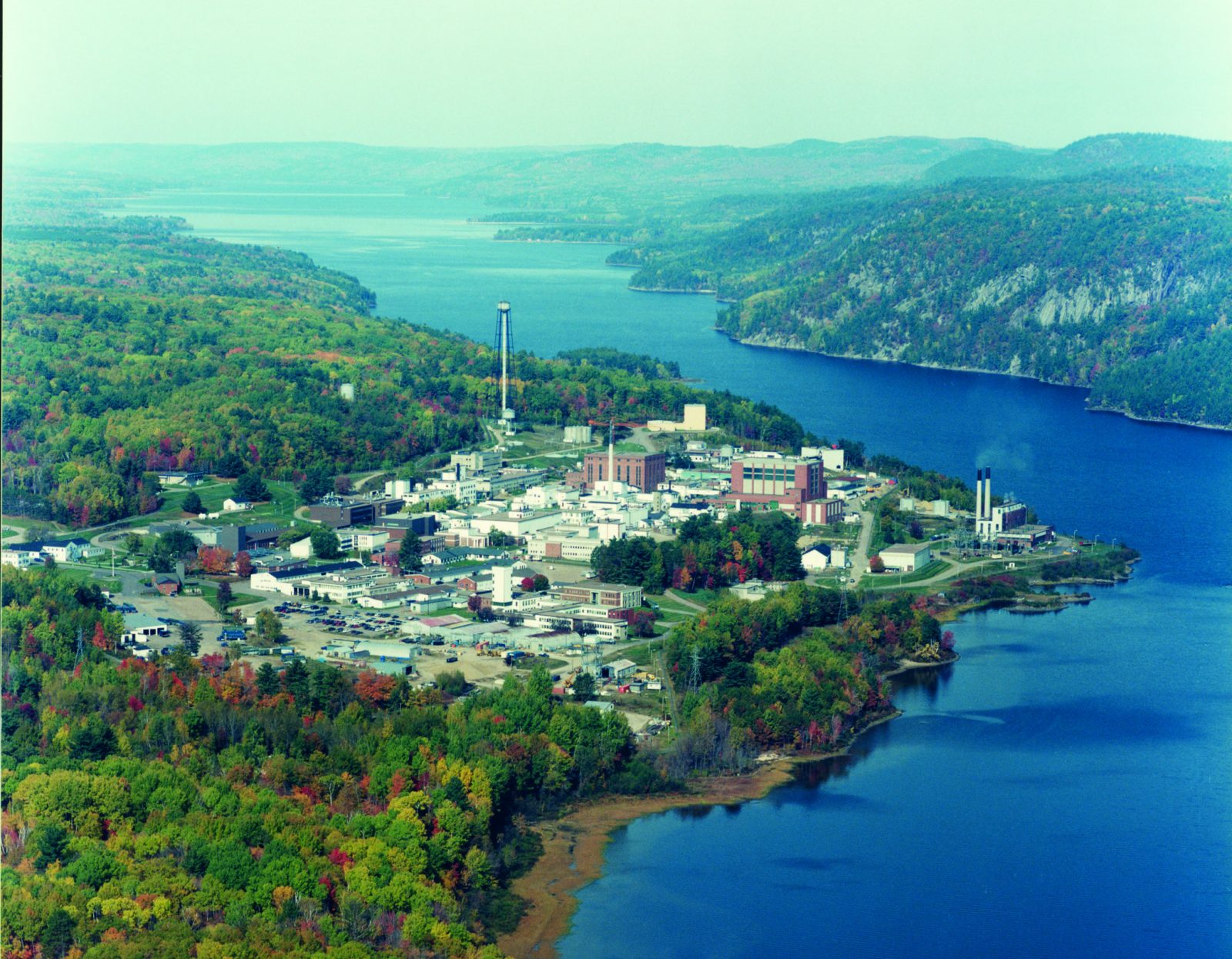The CNSC has scheduled two hearings on February 22 and May 31 to license a “Near Surface Disposal Facility” for nuclear waste at Chalk River, Ontario, on unceded Algonquin Anishinaabeg lands alongside the Ottawa River. The facility would be an aboveground mound a kilometre from the Ottawa River, upstream from Ottawa and Montréal.
So far 140 municipalities have opposed the project and fear contamination of drinking water and the watershed. NDP environment critic Laurel Collins, Parliamentary Leader of the Green Party of Canada Elizabeth May, and environment spokesperson for the Bloc Québécois Monique Pauzé have signed a statement calling for the hearings to be suspended, along with 50 environmental and citizen groups. First Nations groups have also called for the hearings to be suspended. The Kebaowek First Nation asked on January 31 that the hearings be halted until a consultation framework is implemented between them and the CNSC.
“I don’t know that anything has happened recently regarding it, but everyone seems to be against it,” said Stephane Sarrazin, mayor of Alfred-Plantagenet and former warden of the United Counties of Prescott and Russell. “Around a year, maybe six months ago, we received a request to support the opposition against the dump, which we did. I haven’t heard anything about it since then.”
In 2017, the CNSC received 400 submissions responding to its environmental impact statement, an overwhelming majority of them opposed to the plan. The CNSC staff report however recommends going ahead with the licensing, which would allow construction of a one-million-cubic-metre mound of radioactive and toxic waste accumulated since 1945. No separate environmental assessment hearing is scheduled.
Other signatories of the opposition statement include the Friends of the Earth, the Canadian Association of Physicians for the Environment, Ralliement contre la pollution radioactive, the National Council of Women of Canada, the Ontario Clean Air Alliance, Quebec’s Front commun pour la transition énergétique, the Concerned Citizens of Renfrew County and Area, Old Fort William Cottagers’ Association, Action Climat Outaouais, and Pontiac Environmental Protection.



